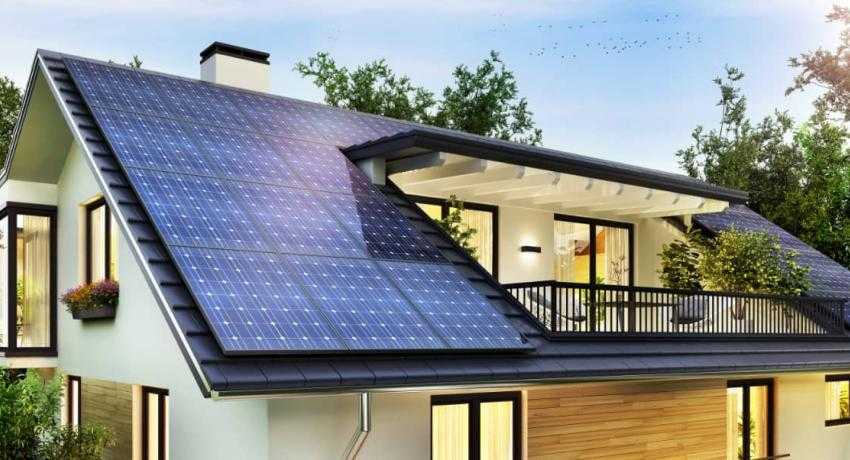Understanding Solar Panel Warranties: What Every Homeowner Should Know
Investing in solar panels for your home is a big decision, but it comes with some amazing perks – think lower energy bills and a smaller carbon footprint. But to really protect your investment, you need to get your head around the warranties that come with your shiny new solar panels. Let’s look at the common warranties you will get and what they might cover.
Types of Solar Panel Warranties
Product Warranty
This is the warranty that's got your back if your solar panels are defective right out of the box. It covers problems with materials and workmanship. If your panel conks out because it was put together shoddily, this warranty means you're covered for repairs or replacements. Most product warranties stick around for 10 to 25 years, depending on the manufacturer.
Performance Warranty
As solar panels get older, they don't pull their weight quite as well – they start producing less energy. That's where the performance warranty comes in. It guarantees your panels won't degrade too quickly. Typically, these warranties last 25 years. So, you might see a warranty that promises your panels will still be producing at least 80% of their original capacity after a quarter century.
Inverter Warranty
The inverter is the unsung hero of your solar energy system. It takes the direct current (DC) electricity your panels produce and converts it into the alternating current (AC) electricity your home uses. The inverter warranty has your back if your inverter starts malfunctioning. These warranties usually hang around for 5 to 15 years, but you can sometimes extend them for a fee.
Installation Warranty
This warranty is all about making sure your solar panels are installed correctly. If you start noticing roof leaks or electrical issues because of a dodgy installation, this is the warranty you'll turn to. Installation warranties vary but expect them to last anywhere from 1 to 10 years, depending on the solar installer.
What to Watch For in Solar Panel Warranties
Warranty Length
The longer the warranty, the better. It means you've got protection for your investment for a longer period. Always compare the warranty lengths different manufacturers and installers are offering.
Warranty Transferability
If you decide to sell your home, some warranties can be transferred to the new owner. That can be a major selling point, boosting your home's resale value. Just make sure you check the fine print – there might be fees or hoops to jump through to transfer the warranty.
Exclusions and Limitations
No warranty covers everything. They all have exclusions and limitations. Make sure you understand what's not covered – things like damage from natural disasters, improper maintenance, or messing with the system yourself. And get your head around any coverage caps or specific conditions you need to meet to keep the warranty valid.
Claim Process
If something does go wrong, you want the process of making a warranty claim to be as painless as possible. Look for warranties with straightforward procedures. And find out what you'll need to provide – like receipts and maintenance records.
Manufacturer Reputation
You want to go with a manufacturer who has a solid track record. Do your research – read reviews and testimonials to get a sense of how they handle warranty claims.
Additional Tips for Homeowners
- Regular Maintenance: Keep your solar panels squeaky clean by brushing off dirt, leaves, and debris. And get into the habit of regularly inspecting your panels and system components for any signs of damage or wear.
- Keep Records: Keep all your purchase receipts, warranty documents, and maintenance records in a safe place. And snap some photos of your system when it's first installed to document what everything looked like when it was new.
- Professional Installation: A good solar installation can prevent a world of problems down the line. Go with installers who are certified by reputable organizations and do your due diligence – ask for references and check out online reviews.
Conclusion
Solar panel warranties might seem like a complex tangle of fine print and technical jargon, but getting your head around them is key to protecting your investment. By understanding the different types of warranties, knowing what to look out for, and following some simple tips for maintaining your system, you can enjoy the benefits of solar energy with confidence.




